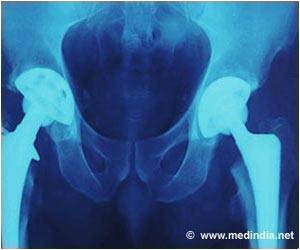Students who have tablets or TVs or computers - even an 'old-school' flashlight under the covers to read - are pushing their circadian clocks to a later timing.
Children and their parents are often advised to limit use of screens at bedtime. A new study by researchers from Rhode Island's Brown University has revealed that even an hour of night-time light exposure, like from a smartphone, a TV or a tablet, can hamper the release of the sleep hormone in young teenagers. The team observed that the sleep biology of boys and girls aged nine to 15 years and in the earlier stages of puberty were especially sensitive to light at night compared to older teenagers.
Laboratory experiments suggested that bright screens at night suppressed the production of the sleep-timing hormone melatonin significantly more in in young teenagers than the same light exposure did for teenagers aged 11 to 16 years who were farther into puberty. The brighter the light in the lab experiments, the more melatonin was suppressed. This effect was the same for boys and girls.
Senior study author Mary Carskadon, professor of psychiatry and human behavior, said, "Small amounts of light at night, such as light from screens, can be enough to affect sleep patterns. Students who have tablets or TVs or computers - even an 'old-school' flashlight under the covers to read - are pushing their circadian clocks to a later timing. This makes it harder to go to sleep and wake up at times early the next morning for school."
The study appeared online in the
Journal of Clinical Endocrinology and Metabolism.Source-IANS
















